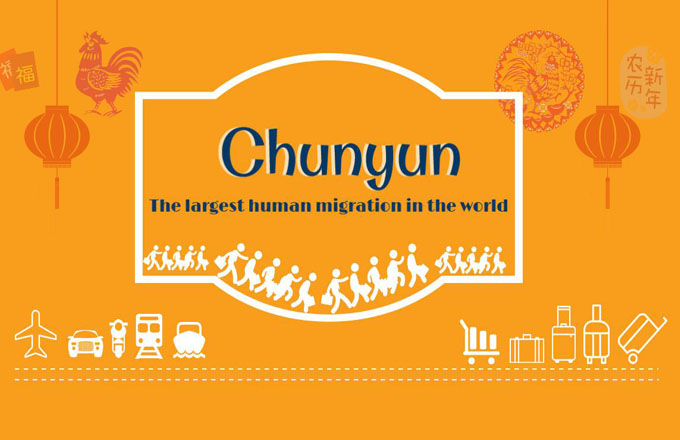Wealth management products prove popular among Chinese, report says
An increasing number of Chinese have turned to wealth management products for their investments over the past 10 years, a report has found.
Between 2005 and 2015, the average yearly wage in China increased 295 percent, yet the proportion of disposable income spent on wealth management products shot up 960 percent in the same period, according to a report jointly published by the Chinese Academy of Social Sciences, Tencent's wealth management platform Licaitong, and the Tencent Research Institute.
The ratio of household income derived from wages and business operations has also changed since 2000, it said, with the former's share decreasing as the latter's increased.
This boom in wealth management products reflects China's upgrade of domestic consumption and soaring commodities and house prices, according to the report.
"Income from savings has failed to satisfy Chinese's growing expenditure, so many have turned to wealth management products that can yield more income," it said.
Hao Jian, a consultant with the Chinese human resources website zhaopin.com, said wage increases tends to taper off as GDP growth slows.
"In the long term, it's very possible that Chinese will fail to see a big increase of their household income if they depend solely on wage growth," he said.
Internet-based wealth management products have become increasingly popular since they were first launched in China in 2013.
The size of the market has swelled from 385.3 billion yuan ($56 billion) at launch to 2.6 trillion yuan last year. It is forecast to reach 16.74 trillion yuan by 2020.
More than 11 percent of Chinese are willing to buy internet-based wealth management products, according to the report, which listed them as the fifth most popular type of investment vehicle.
Bank savings still topped the list, however, as the preferred choice of more than 38 percent people surveyed.
Jia Kang, former director of the Ministry of Finance's Research Institute for Fiscal Science, said that the amount of Licaitong users alone had exceeded expectations.
More than 80 million people had signed up as of November 2011, many of whom hadn't used any wealth management products before, he said.
"The number of Licaitong users is still increasing at high speed and will benefit lower- and middle-income Chinese," he added.


















